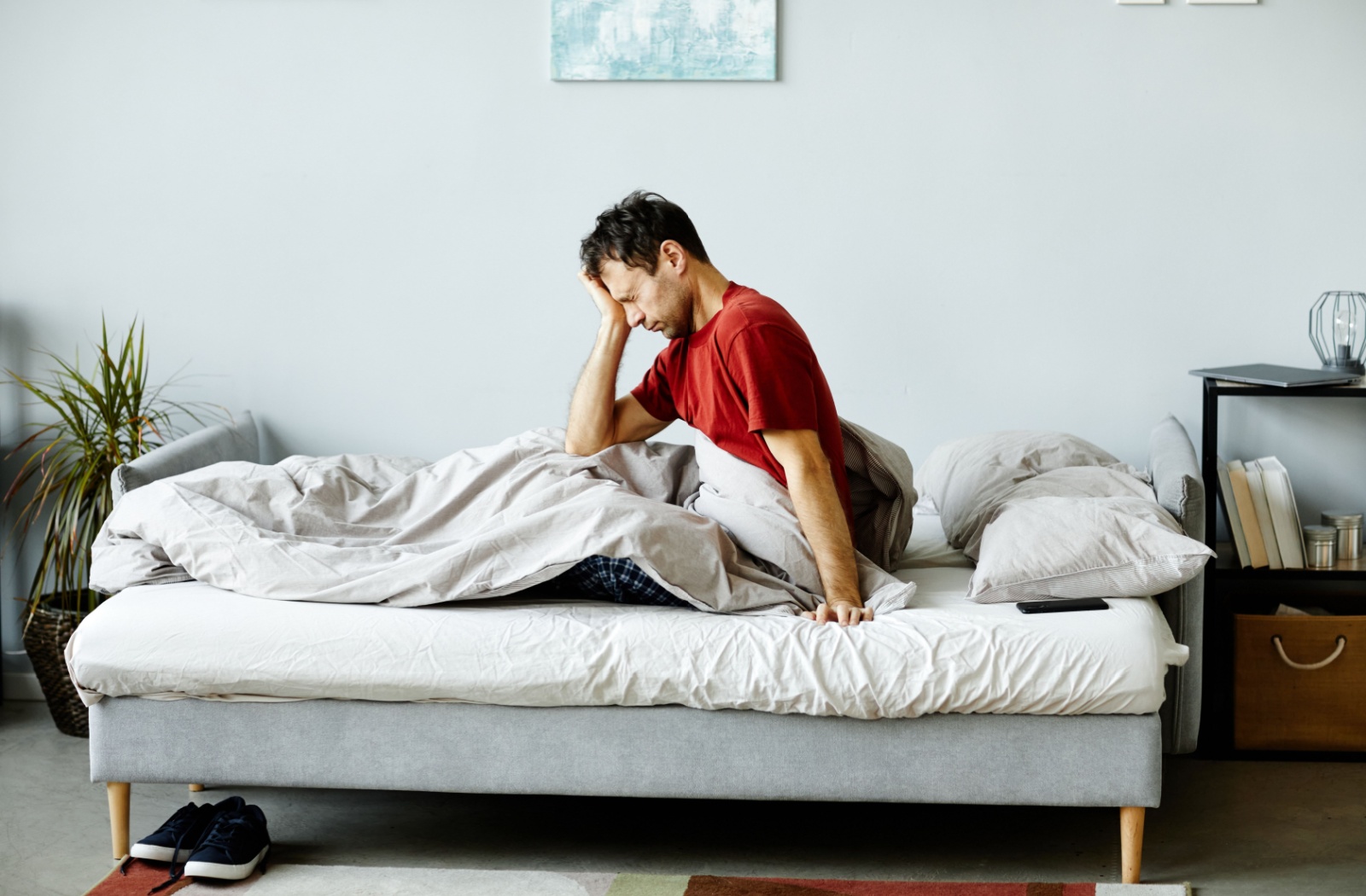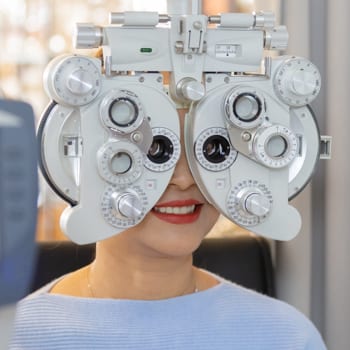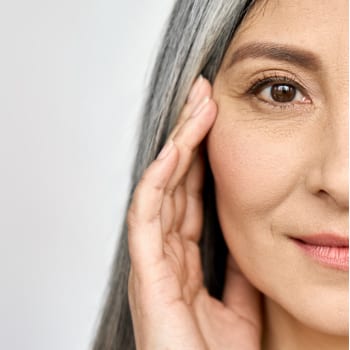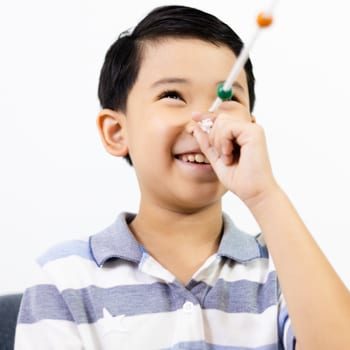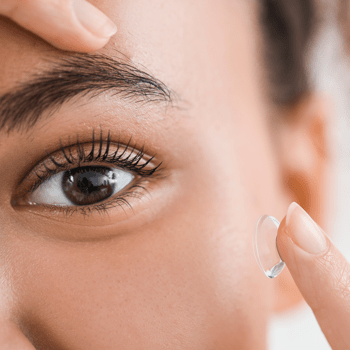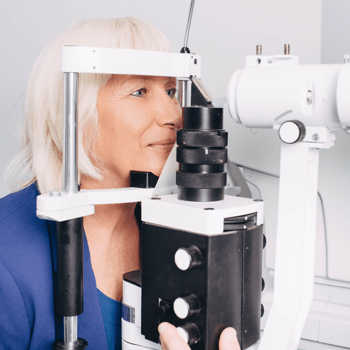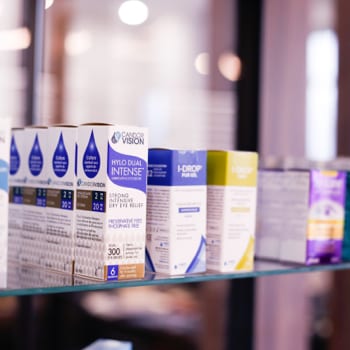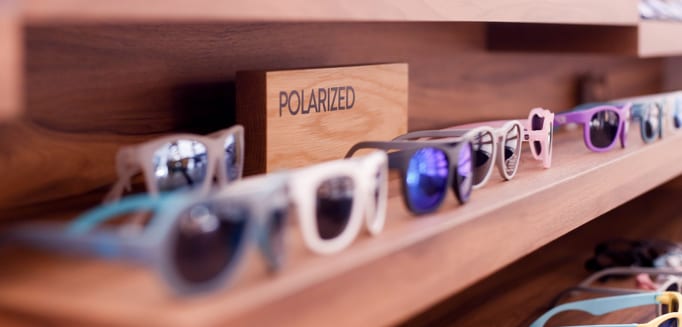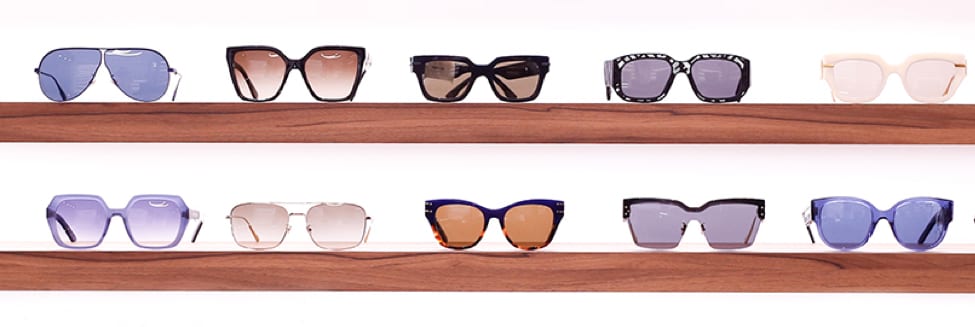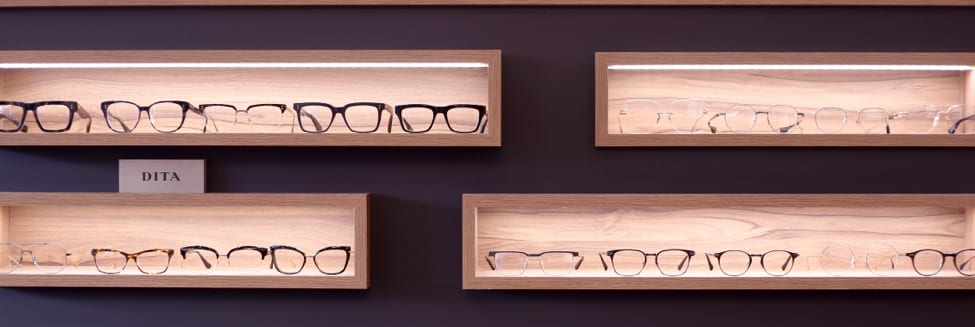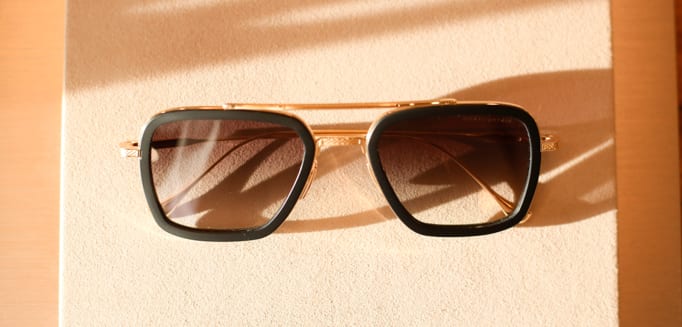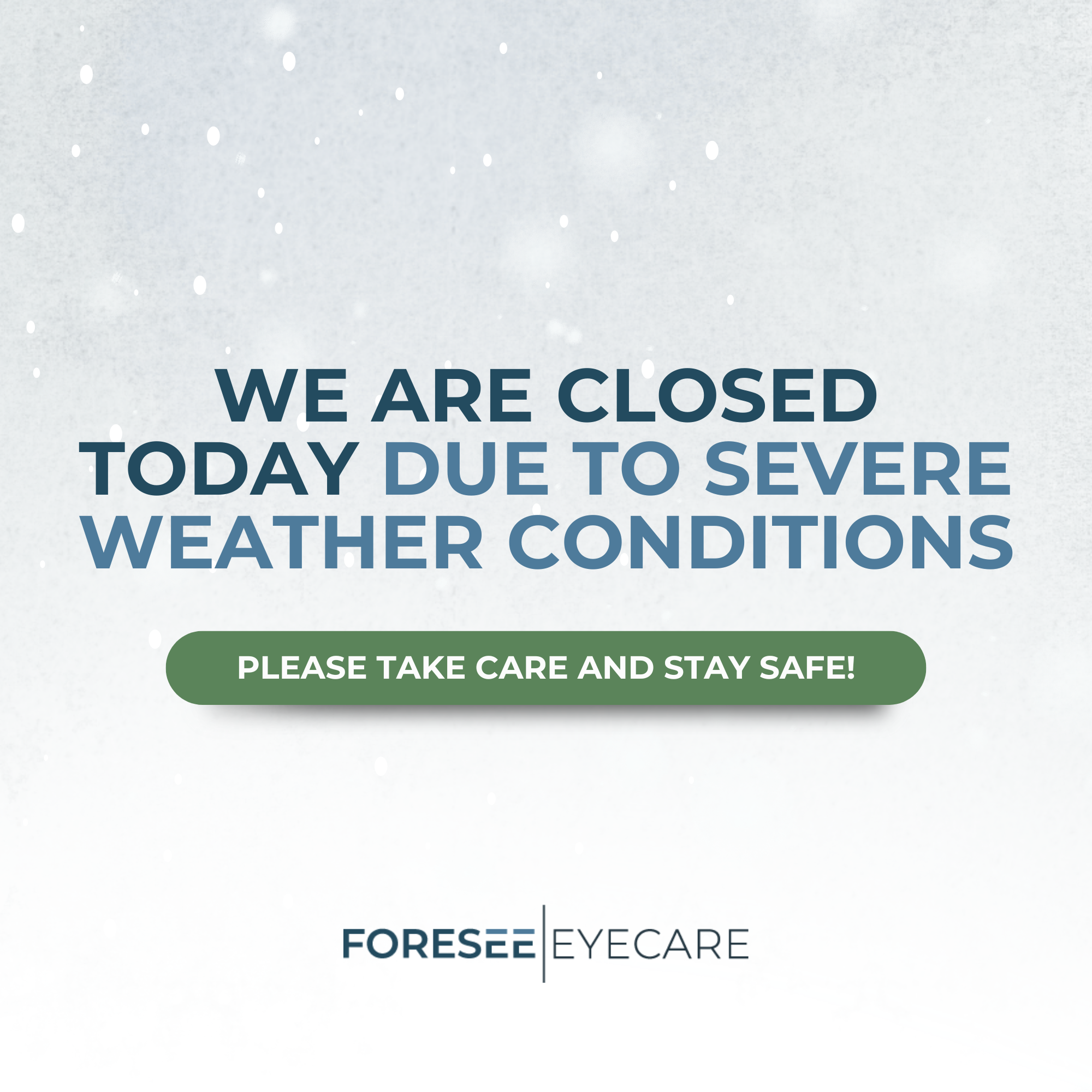The discomfort of dry eyes in the morning can be an unsettling way to start your day. Dry eye syndrome is a chronic condition characterized by insufficient lubrication on the eye’s surface. It can lead to burning, scratchy eyes, vision distortion, or excessive tearing to compensate for dryness.
If you wake up with dry eyes, it may be because:
- Dry air
- Dehydration
- Screen time before bed
- Allergies
- Medications
- Age
- Sleeping with eyes open
- Contact lens use
- Eyelid conditions
- Hormonal changes
What Is Dry Eye?
Dry eye is a common condition that occurs when the eyes do not produce enough tears or when the tears evaporate too quickly (usually related to clogged Meibomian/oil glands in eyelids). Tears are essential for maintaining eye health and clear vision, as they lubricate and nourish the front surface of the eye. When there is an imbalance in tear production or quality, it can result in dry, uncomfortable eyes.
- Stinging or burning eyes
- Redness and irritation
- A gritty feeling like something is in the eye
- Sensitivity to light
- Difficulty with night driving or inconsistent vision
- Eye fatigue
- Excess watering
What Causes Dry Eye in the Morning?
The mornings can be particularly challenging for those with dry eyes. During sleep, your eyes are closed and don’t produce tears, resulting in naturally drier eyes. However, other factors can make dry eye worse in the morning.
Dry Air
Dry air from heat or air conditioning can dehydrate the eyes, leaving them feeling dry and irritated. They can be even worse if you sleep with your bedroom door closed, trapping in the dry air.
Dehydration
Not drinking enough fluids throughout the day can contribute to dry eyes. When your body is dehydrated, it may pull moisture from other areas of the body, including your eyes.
Screen Time Before Bed
Staring at digital devices like phones and computers for long periods can reduce blinking, leading to dry eyes. Not blinking enough can be especially problematic if you use these devices right before bed, as it can further exacerbate dryness in the morning.
Allergies
Seasonal allergies or environmental irritants can cause itchy, watery eyes, followed by dryness. If you notice this pattern in your eye symptoms, it may be worth trying an over-the-counter allergy medication or investing in a good air filter for your home.
Medications
Some medications, such as antihistamines and antidepressants, can cause dry eyes as a side effect. If you are experiencing dry eyes while taking these medications, talk to your doctor about possible alternatives or ways to manage the symptoms.
Age
As we get older, our eyes naturally produce fewer tears, leading to dryness and irritation. It’s important to stay on top of regular eye checkups as you age to catch any potential issues early on.
Sleeping with Eyes Open
Sleeping with your eyes partially open (nocturnal lagophthalmos) can cause your eyes to dry out during sleep. It’s often a result of aging or certain medical conditions and can be treated with special eye drops or nighttime eye protection.
Contact Lens Use
While convenient, contact lenses can sometimes contribute to dry eyes. Wearing them overnight can reduce oxygen to the cornea and cause irritation upon waking. It’s important to follow proper hygiene and schedule regular checkups with your eye doctor if you wear contacts.
Eyelid Conditions
Eyelid conditions, like blepharitis or meibomian gland dysfunction, can cause dry eyes due to inflammation and blockage of the glands that produce tears. These conditions can often be managed with warm compresses and gentle cleaning of the eyelids.
Hormonal Changes
Fluctuations in hormone levels, particularly during menopause or pregnancy, can decrease tear production.
How to Alleviate Your Symptoms
If you’re experiencing dry eye in the morning, consider these steps to mitigate the discomfort:
- Stay hydrated: Drink lots of water throughout the day to help keep your body and tear production functioning correctly.
- Use eye drops: Artificial tears or lubricating eye drops can relieve dry eyes. Make sure to choose a preservative-free brand specifically designed for dry eyes.
- Take breaks from screens: Staring at a screen for extended periods of time can lead to dry eyes. Follow the 20-20-20 rule to take short breaks and give your eyes a rest.
- Use a humidifier: If you live in a dry climate or spend a lot of time in air-conditioned environments, using a humidifier can help add moisture to the air and prevent your eyes from drying out.
- Blink frequently: Blinking spreads tears across the surface of your eyes and keeps them lubricated. Make a conscious effort to blink regularly by implementing the 20-20-20 rule (every 20 min, take a 20 sec break, look 20 ft away), especially when using screens or doing activities that require intense focus.
- Avoid irritants: Be mindful of things that can irritate your eyes, such as cigarette smoke, wind, and harsh chemicals. Try to avoid these triggers as much as possible.
- Protect your eyes: When outdoors, wear sunglasses that provide 100% UV protection to prevent sun damage and dryness. You can also use a hat or visor to shield your eyes from wind and debris.
- Use a warm compress: Warm compresses can stimulate oil glands in the eyelids.
- Increase your omega-3 intake: Consuming foods high in omega-3 fatty acids can improve tear quality.
- Consult your eye doctor: If dry eyes persist and cause discomfort, book an appointment with your eye doctor for a proper dry eye evaluation and assessment. Oftentimes more aggressive in office procedures and treatments may be needed to address chronic dry eyes.
Professional Dry Eye Therapies
If you still experience dry eye symptoms after making lifestyle adjustments, your eye doctor can offer professional therapies to help you find longer-lasting relief. These can include:
- MiBo ThermoFlo: This device gently heats and massages eyelids to improve tear quality. Many liken it to a spa like feeling or a facial for your eyelids.
- IPL: Pulses of light target eyelid glands to reduce inflammation and improve moisture retention.
- Radiofrequency: This treatment reduces dry eye symptoms and may tighten under-eye skin.
- ZEST: This in-office treatment physically removes bacteria and debris from eyelids to improve tear function and is painless.
When to Seek Professional Help
If you notice persistent or severe symptoms, such as visual disturbances or pain, you should see your eye doctor as soon as possible. Early intervention can help manage chronic dry eye and prevent complications.
Listen to your body, and take action for the continued health and comfort of your eyes. Remember, our dedicated team at Foresee Eyecare is here to guide you toward the most appropriate possible care for your eyes. Contact us today to find out more information or to book an appointment.

